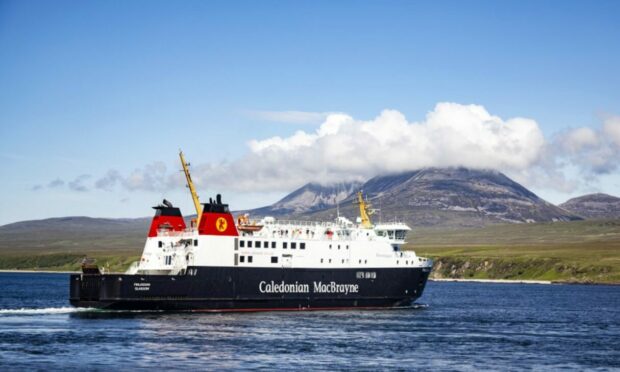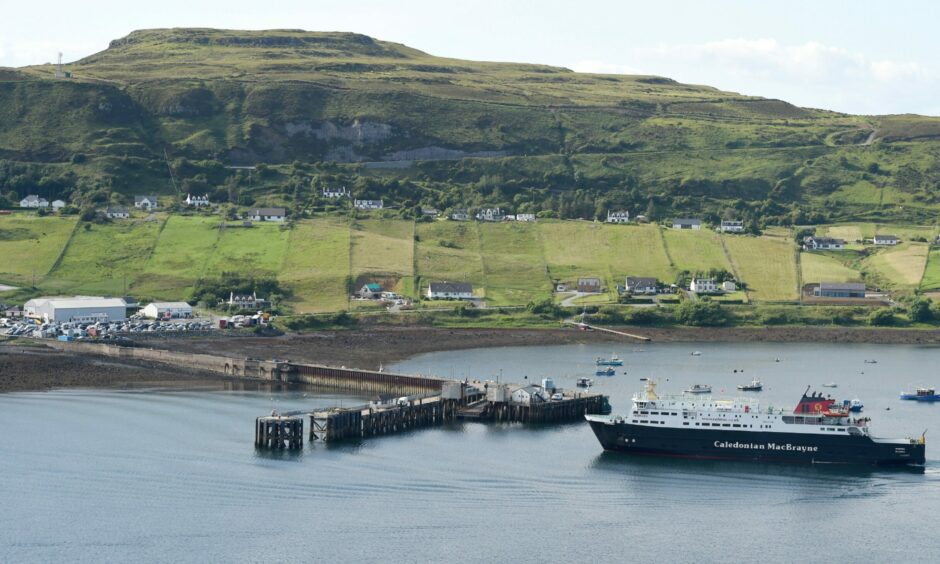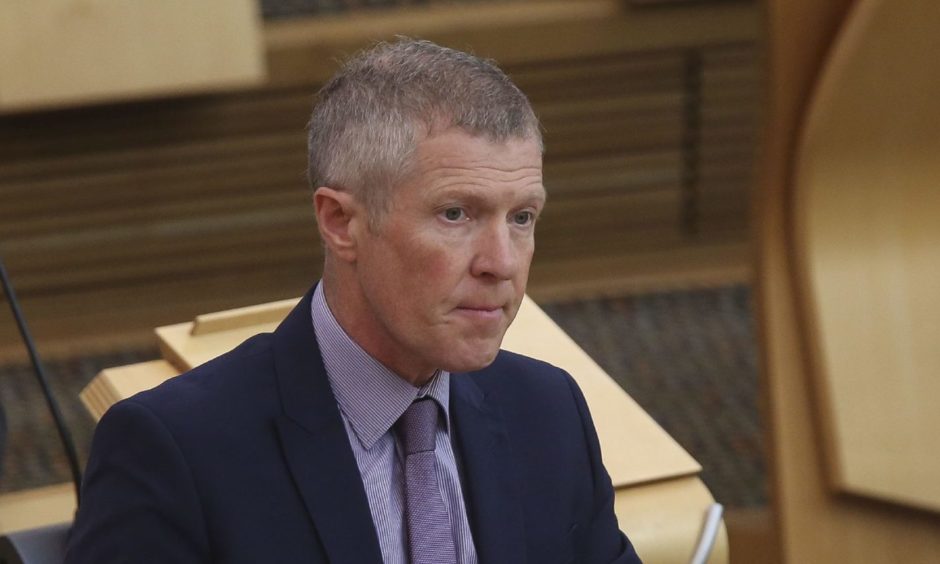Island communities in Scotland are being left to “suffer” due to high levels of ferry disruption, the Scottish Liberal Democrats have said.
The party has hit out at the Scottish Government’s handling of ferry services as figures reveal the extent of cancellations and delays on key rural routes.
Figures obtained by the party through a freedom of information request revealed a total of 7,431 cancelled sailings between January and July 2022.
The cancellation rate has already passed figures for the whole of 2018, where there were 7,156 cancelled sailings.
Cancellation rates for the whole of 2020 and 2021 are higher, with 7,434 and 9,351 respectively.
Scottish ministers have faced scrutiny in recent months over the construction of the MV Glen Sannox and the as-yet-unnamed Hull 802 which are due in service next year – five years behind schedule – and are projected to be two-and-a-half times over-budget.
The Isle of Arran route from Ardrossan to Brodick, which will be serviced by the Glen Sannox vessel, had already experienced 990 cancelled or late sailings in the year up to July 31 2022.
And there have been 302 cancelled or delayed sailing on the Uig route to Tarbert or Lochmaddy, which will be covered by Hull 802.
Record number of faults lodged
CalMac has said the challenges to conducting maintenance and repairs are caused by global supply issues.
Meanwhile, an opposition debate led by the Scottish Conservatives will be held in parliament tomorrow.
It comes after figures revealed the number of technical faults with CalMac fleets has steadily increased since 2017.
According to freedom of information figures obtained by the Tories, there were a record 163 faults recorded in 2021, compared to 90 in 2017, costing approximately £28 million to fix.
And there have been 141 faults recorded as of the end of July 2022, figures show.
It comes as concerns were raised earlier this month that island harbours will be unable to take in and operate the two delayed vessels.
Scottish Liberal Democrat economy spokesman Willie Rennie condemned the “mismanagement” from the Scottish Government.
He said businesses and families are struggling to access vital resources including medical care.
Figures ‘prove’ Scottish Government’s mismanagement of ferries
Mr Rennie said: “The SNP are letting our island communities suffer, as they continue to mismanage Scotland’s ferry network. These figures are yet more proof of that.
“Businesses can’t get the supplies they need and families are struggling to get to critical medical appointments.
“Over the summer, Scottish Liberal Democrats called for parliament to be recalled, so that ministers could explain why years of underinvestment were allowed to lead us here. They didn’t listen.
“We need a comprehensive public inquiry into the government’s handling of the Ferguson shipyard so that islanders can finally get the answer they deserve about why these lifeline ferries have been subject to horrendous delays.
“The Scottish Government need to invest in island ferries and put together a long-term plan for replacing boats which have been in use for decades.”
Graham Simpson, Tory transport spokesperson, said: “The SNP Government has failed to procure desperately-needed replacement ferries and refused to commit adequate long-term funding for Scotland’s ferry provision.
“As a result, breakdowns and delays have sky-rocketed.”
He added: “The SNP keep hoping that they can bury their heads in the sand, and wait for this scandal to blow over – all the while island residents suffer the consequences.”
‘Unprecedented’ weather blamed for high cancellation numbers
CalMac, the body that operates the majority of Scotland’s ferry services, said the vast majority of cancellations (74%) were due to weather conditions between 2007 and 2021, compared to just 15% for technical faults.
Managing director Robbie Drummond said: “The start of 2022 saw unprecedented and severe weather conditions, including three named storms, which meant that sailings were affected over several weeks.
“Decisions to cancel services are only taken as a last resort and to safeguard the well-being and safety of those on board.
“Given the implications for safety and the legislation in place to ensure safety at sea, weather disruption is not a matter on which we are able to negotiate or consult.
“We are working hard to prevent unscheduled maintenance caused by technical issues, and we have invested record sums in our fleet to maintain vessel resilience and service in order to provide a high-quality service.
“This investment increased by around 70% over five years from £20.5 million in 2017 to £34.1 million in 2021.”
A Transport Scotland spokesman said breakdowns and delays are “unacceptable”.
“That’s why we’ve invested to provide additional capacity on the Clyde and Hebrides routes.
“We are also continuing to work on procuring more vessels, while the four new ferries we have ordered are being built,” he said.
He added: “Quite evidently, the start of 2022 coincided with some of the worst weather impacts on record, and Covid-related absences compounded service delivery.
“In response, ministers have approved additional finance to support weather monitoring equipment.”




Conversation